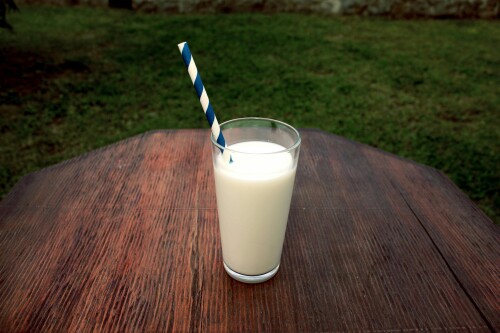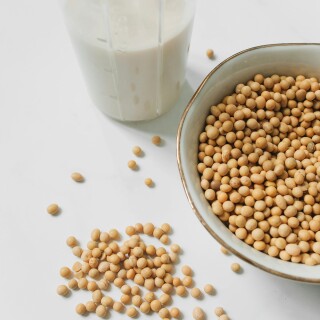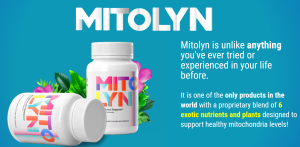1. What Is PQQ?
Pyrroloquinoline quinone (PQQ) is a naturally occurring compound found in trace amounts in human milk, fermented foods, and some plant tissues. It functions as a redox cofactor, supporting cellular energy production and antioxidant activity.

2. PQQ and Mitochondrial Health: Current Research
Mitochondria, often called the “powerhouses of cells,” tend to decline in function with age. Preliminary studies suggest that PQQ may:
-
Support mitochondrial biogenesis (the creation of new mitochondria) in animal models (1).
-
Act as an antioxidant by reducing reactive oxygen species (ROS) in vitro (2).
Important Notes:
-
Human clinical trials are still limited, and most evidence comes from cellular or animal studies.
-
PQQ is not a treatment for diseases but may contribute to general cellular health.
3. Dietary Sources vs. Supplementation
PQQ is present in:
-
Human milk (≈140–180 ng/mL) (3)
-
Fermented soybeans (natto), kiwi, and green peppers (in微量).
To achieve higher doses studied in some trials (e.g., 10–20 mg/day), supplementation might be considered. However, a balanced diet should always be the priority.
4. Safety and Considerations
-
Generally recognized as safe (GRAS) by the FDA at doses ≤20 mg/day (4).
-
No established drug interactions, but consult a healthcare provider if taking medications.
-
Not recommended for pregnant women due to insufficient data.
Conclusion
While PQQ shows promise in supporting mitochondrial health, more human studies are needed. Those interested may combine dietary sources with supplementation under professional guidance, alongside lifestyle strategies like exercise and sleep optimization.



